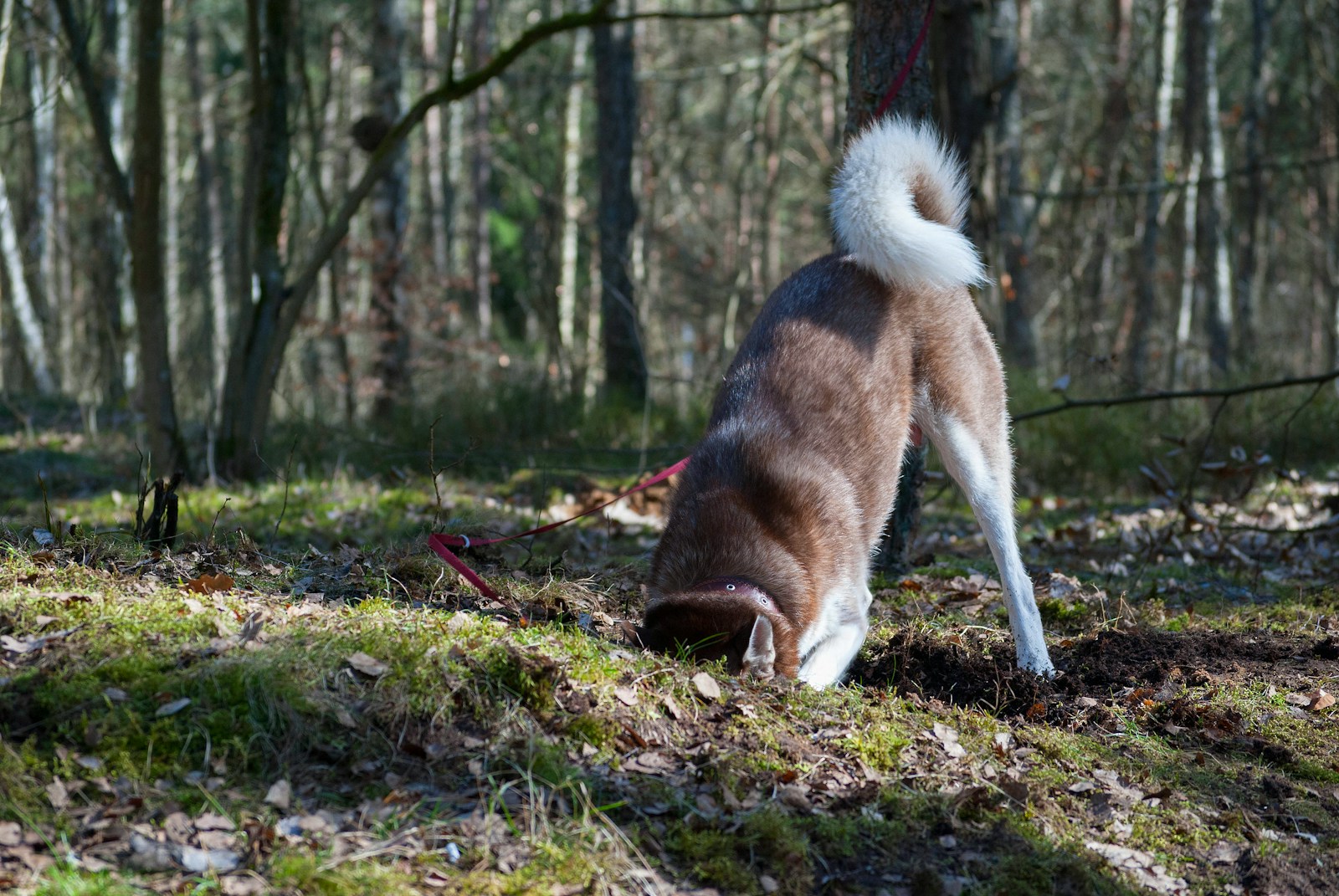
挖
wā

dig
The Chinese word '挖' is used similarly as the English word 'dig'. It represents the action of removing soil or other substances from the ground in order to create a hole or for another purpose such as finding something hidden or buried. Just like in English, it can also be used metaphorically in phrases expressing scrutiny or investigation.
Example sentences using: 挖
他在花园里挖了个洞。
tā zài huāyuán lǐ wā le gè dòng

He dug a hole in the garden.
This phrase demonstrates the primary meaning of '挖' which is 'to dig'. It is used in the context of a physical activity.
挖掘机正在工地作业。
wājuéjī zhèngzài gōngdì zuòyè

The excavator is working at the construction site.
None
他喜欢挖苦别人。
tā xǐhuān wā kǔ biérén

He likes to mock others.
None
我要去挖掘这个主题的含义。
wǒ yào qù wājué zhège zhǔtí de hányì

I want to delve into the meaning of this topic.
None
他挖了一口井。
tā wā le yīkǒu jǐng

He dug a well.
None
我想挖掘这个问题的根源。
wǒ xiǎng wājué zhège wèntí de gēnyuán

I want to unearth the root of this problem.
None
这个公司正在挖矿。
zhège gōngsī zhèngzài wā kuàng

The company is mining.
None
他在海边挖贝壳。
tā zài hǎibiān wā bèiké

He is digging for shells at the seashore.
None
挖地三尺,方能找到真理。
wā dì sān chǐ, fāng néng zhǎodào zhēnlǐ

You must dig three feet down to find the truth.
None
他挖了个洞藏起来。
tā wā le gè dòng cáng qǐlái

He dug a hole to hide in.
None